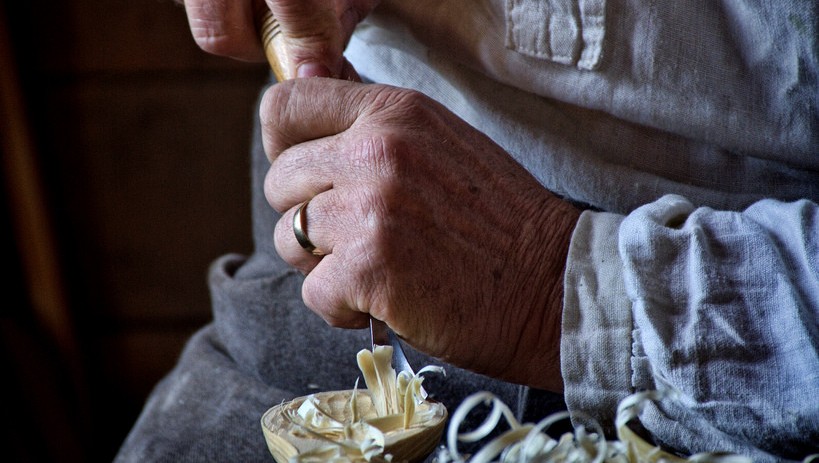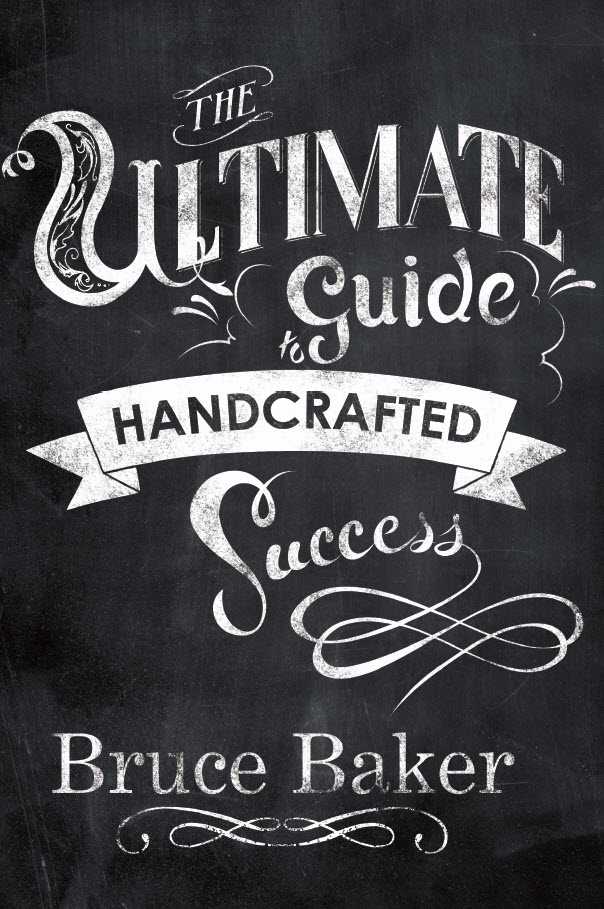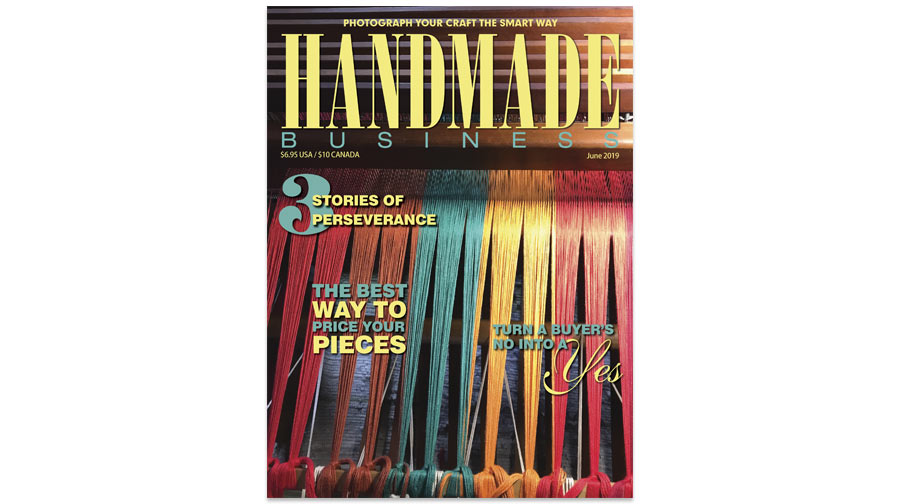By Mark E. Battersby
Although few artists or craftspeople will admit they need help with the many aspects of running their business, few of them are actually “jack-of-all-trades.” While most small retailers know their business inside and out, there are highly technical matters of law, accounting, management, and marketing that are usually best handled by outside experts.
Attorneys, accountants, management, and marketing advisers have specialized knowledge about niche areas that few can hope to duplicate. Reality often dictates the necessity of relying on others for assistance in unfamiliar areas, especially if that outside advice is affordable. Where can this much needed professional guidance and assistance be found, and at what cost?
Actual “helpful” help
Having access to legal, accounting, and other expertise is extremely important in helping any business survive and to grow as rapidly or efficiently as possible. In addition to legal advice, accounting advice such as setting up the operation’s books, auditing, insurance, taxes, and retirement planning might benefit a handmade business or traveling artist.
There are just a few areas in which professional services are available to the average artist and retailer. Some services, such as auditing financial statements to satisfy lenders or investors, must be performed by a professional with specific credentials. A Certified Public Accountant (CPA) is a good example.
More flexibility exists when looking for other credentialed professionals. The initials MBA after a person’s name suggest that, as a holder of a master’s of business administration degree, that person is well-trained. However, highly experienced people may be just as effective, even if they lack the diploma and the initials. Evaluating the worth of credentials can be tricky.
Where to find good help
Referrals are the ideal way to find a professional services provider. The best source of referrals are from business associates. Good referrals can also be obtained from other professionals. Ask your accountant for an attorney’s name and your attorney for an accountant’s name. Other service providers such as bankers, insurance agents, or real estate professionals are also good sources. Don’t forget to ask suppliers and customers, too.
Remember, the first step to finding the right professional requires an inventory of what you and your art or craft business actually need in the way of services and advice and, most importantly, how much you can afford to pay for that advice or service. It is also important to determine beforehand just how much of the work you will do and how much of it will be done by professionals.
You might also be able to find out how well connected the professional and his or her firm are. CPA’s, for instance, are often a valuable resource for artists and crafts retailers who need to borrow money or to raise capital from other sources.
Analyze your options
Before hiring any professional adviser such as an attorney, tax preparer, or CPA, credentials should always be checked. Most professionals are licensed to practice in one or more states, so you are looking for a current professional licensed in your state. You also want to know if there are any outstanding complaints against this person, either by his or her professional organization or by previous clients.
Checking on sanctions is also possible for many licensed professionals and is easily accomplished via the internet. The website for the Internal Revenue Service (IRS), www.irs.gov, can be searched to see if a tax preparer has been disciplined or convicted of fraud. Another place to look online is the Better Business Bureau (BBB), www.bbb.org, to see if complaints have been filed against this professional.
Taking the time to thoroughly check out a prospective adviser is a good investment. Remember that you, as the owner of the art or craft business, are responsible for complying with the laws, tax payments, and regulations. Getting bad advice does not excuse anyone from this responsibility.
With referrals in hand, your shopping begins. You are not only looking for reliable, knowledgeable, and affordable professionals, but you are shopping for a professional who will compliment your efforts. Having an accountant who takes a different approach can sometimes be a good thing. A super-conservative artist, crafts person, or retailer may become more successful if exposed to the aggressive side of things. Naturally, no professional should pressure a client into doing anything they are not comfortable with.
When to let them go
If a professional relationship is not working, let it go. Early on, general rules of thumb should be established in order to minimize the need to call the adviser too often. Discussing the kinds of issues an adviser does not want to handle or feels might be better handled in-house or by another professional is part of the shopping process.
However, is you begin working with an adviser only to later discover that you avoid calling him or her, or you don’t like this person, sever the relationship quickly. This is yet another reason not to work with friends or family; you don’t need personal relationships interfering with business relationships. It is not necessary to provide reasons for severing the professional relationship, just be polite and firm.
Controlling the price of advice
Fortunately, many professionals offer free consultations for discussion of expectations, services needed and provided, the extent of the involvement by the professional, the portion of the work the artist or crafts professional expects to shoulder, time constraints, and cost. It is not tacky to discuss fees before engaging the services of any professional, although money should not be the sole criteria for selecting that professional.
Keeping the cost of that much-needed guidance affordable begins when the professional is hired. An engagement letter, essentially a letter detailing the scope of the services to be performed and at what cost, is the first step. For complex legal matters, many professionals are often willing to work on a contingency basis. In other words, if they succeed, they receive a percentage of the proceeds or savings– usually 25 and 40 percent. If they fail, they may receive only out-of-pocket expenses.
For those that anticipate a lot of routine questions or services on an ongoing basis, one option is a monthly fee that entitles you to all the routine advice needed. Additional billing, if necessary, is usually done at a reduced hourly or project rate. Some attorneys and other professionals may suggest a flat fee for routine matters or a project, eliminating the uncertainty of the final cost. It’s important that all these billing practices must be spelled out in the engagement letter.
Before committing to any billing practice, you may wish to attempt to negotiate not only fees, but a prompt pay discount. Even a five percent discount on professional fees can produce substantial savings over time. It is also a good idea to ask for an estimate of the cost of every project, which greatly aids in the decision whether to pursue matters.
If more than one professional in a firm is to render services, the hourly rate for each should be spelled out. The agreement should also outline which, if any, expenses the professional will be reimbursed for.
The professional services marketplace is a buyers’ market these days, making this is a great time to shop for a qualified and affordable professional. You are not looking for the one promising the lowest bill, rather a professional or firm that can best guide you and your art or craft business. In fact, if your current professional’s philosophy and style is not compatible with your own, maybe a change might now be in order.





